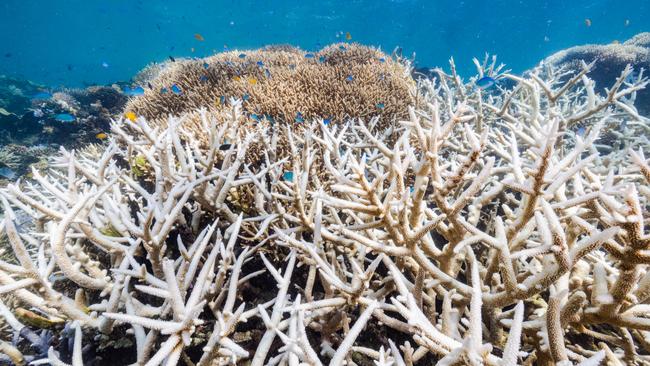
The UNESCO reef shuttle has been going on for more than a decade and tangled up a succession of environment ministers from both sides; Tony Burke, Greg Hunt, Josh Frydenberg, Sussan Ley and now Tanya Plibersek. With Anthony Albanese’s declaration of victory on Tuesday, the price being demanded by UNESCO to avoid shame in future is to increase Australia’s climate ambitions to meet a 1.5C target, to ban gill net fishing across the entire reef, to further restrict mining and land clearing, stop dams and keep the billons of dollars flowing.
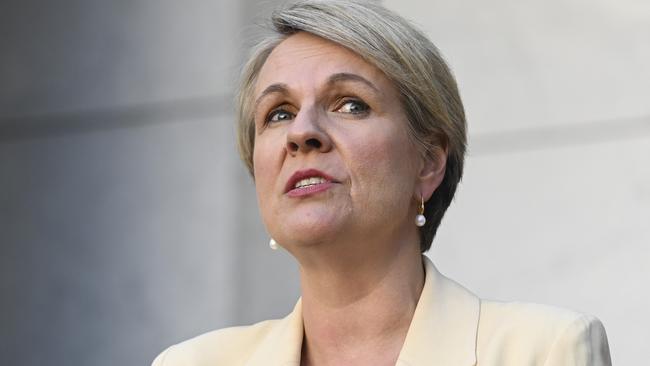
Marine scientist Peter Ridd calls it blackmail. “UNESCO threatens to list the reef as endangered unless we make a futile gesture to net zero and the fact that the reef has record high coral is studiously ignored.”
Albanese has misread the way in which the reef has been taken hostage by UNESCO and green groups as leverage to get their way. Against the Prime Minister’s partisan stand, it must not be forgotten that the UN’s in-danger interest was piqued by Labor’s plans for unrestrained development along the Queensland coast.
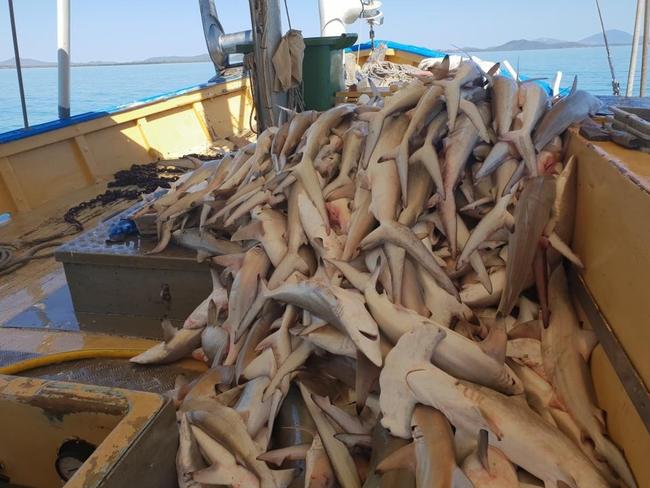
Hunt pulled Queensland’s development plans into line and banned capital dredging to improve water quality. Frydenberg controversially secured hundreds of millions of dollars for reef spending through the GBR Foundation on the promise of matching private sector funding that never arrived.
Last year, the Australian Institute of Marine Science confirmed the reef had recorded the highest level of hard coral cover in the northern and central zones since records began. The government told UNESCO a new target of 43 per cent reduction of greenhouse gas emissions by 2030 had been agreed. It said more funding had been made available for coastal restoration, fisheries management had been improved; and new techniques to restore coral reef habitat had been developed.
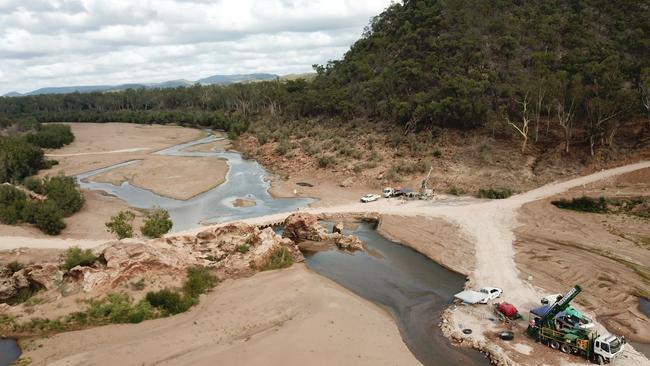
On March 10, the Albanese government told UNESCO it had rejected the Central Queensland Coal Mine, reduced tree clearing by 40 per cent and withdrawn funding commitments for the Hells Gate Dam and the Urannah Dam due to their threat to water quality. It said regulated minimum standards for grazing, sugarcane and banana production were now fully implemented across all priority reef catchments.
In June, the government updated its advice to UNESCO. It had revised its water quality programs, immediately made the hammerhead shark a “no-take” species, and reconfirmed its commitment to a 1.5C target.
Behind the scenes, UNESCO said it was taking advice from groups including WWF-Australia, the Australian Marine Conservation Society, and Earth Justice. All are pointing to the potential for a return of bleaching. While the Prime Minister was declaring success, the Green NGO’s already are claiming a false dawn.



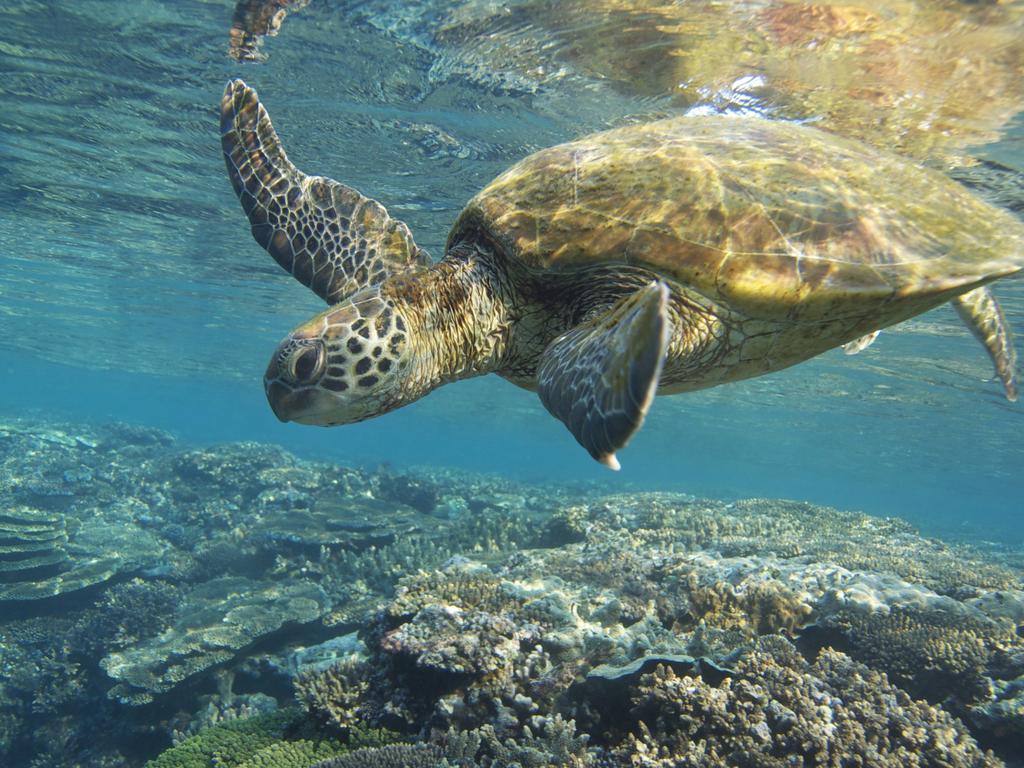




UNESCO has reset the clock on a Great Barrier Reef in danger listing and made it Labor’s problem. Despite recording the highest level of hard coral cover since records began, the reef remains hostage to global environmental politics. The issue will be back on the World Heritage List for in-danger consideration next year to keep the government on its toes.